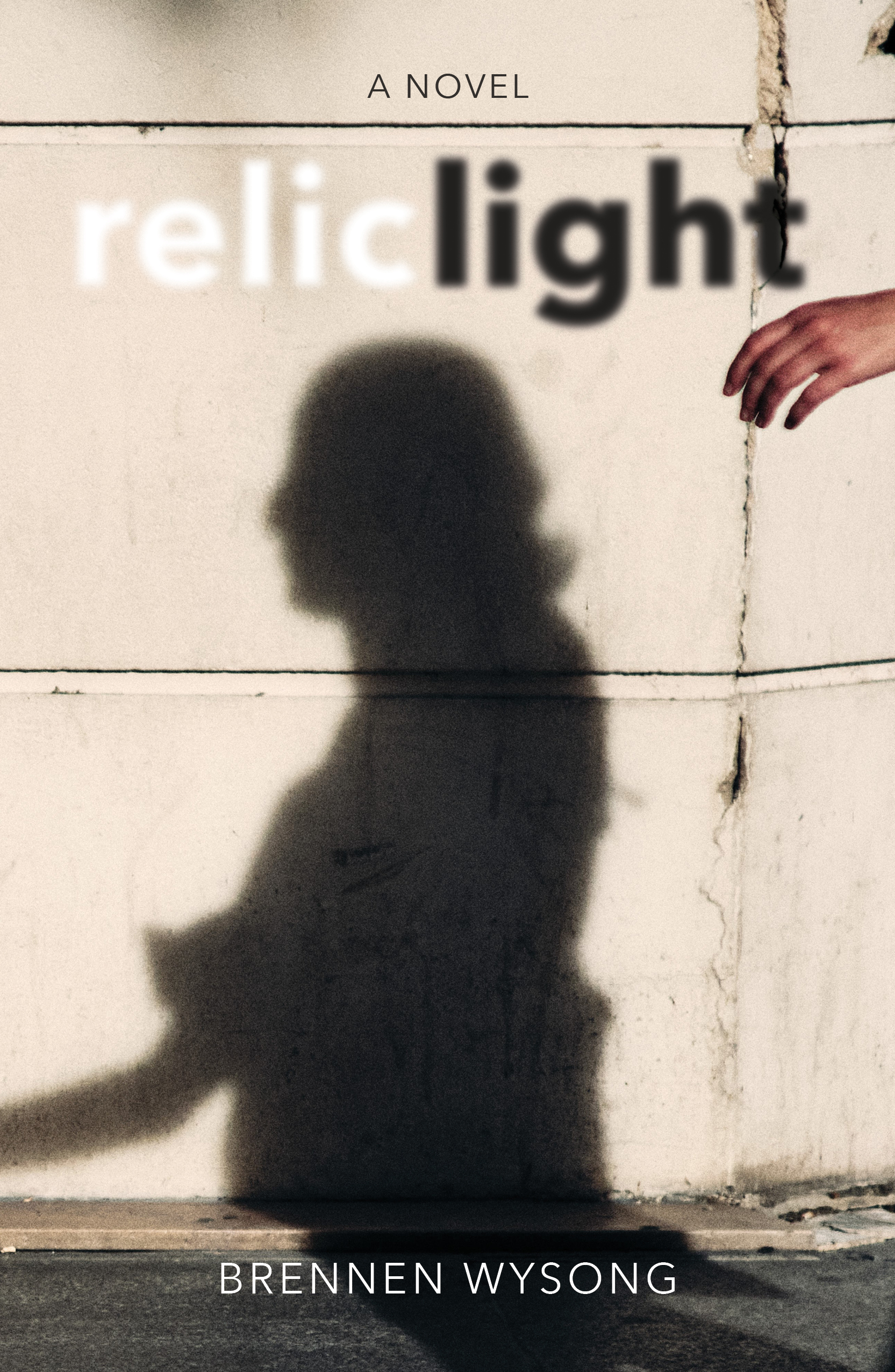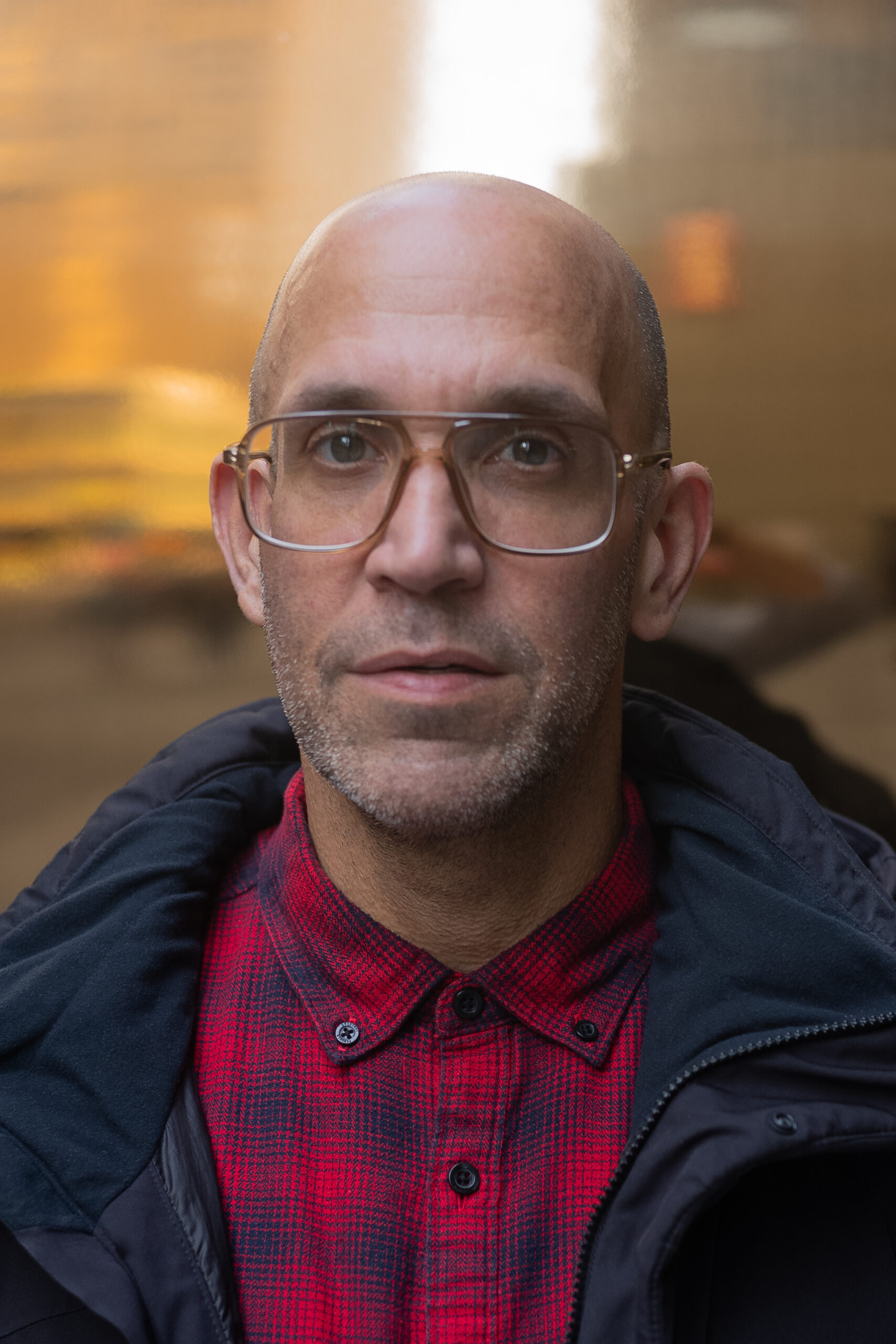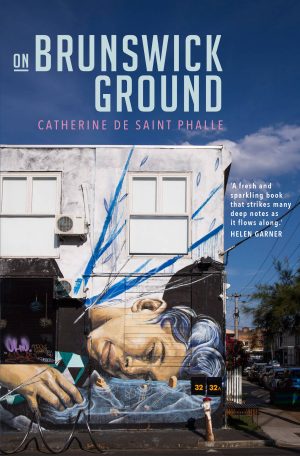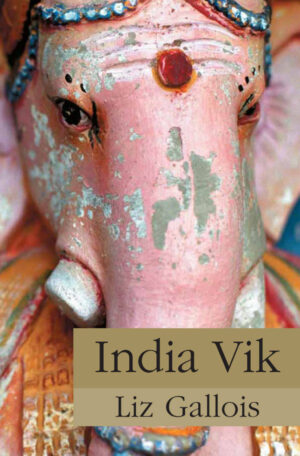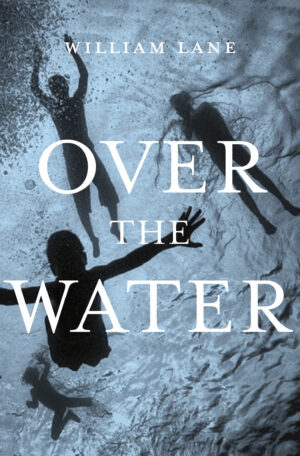Description
What does a woman in her seventies make of her life on the other side of blindness? Relic Light is a story told by Beatrice, whose reality is upended when she loses her ability to see. While her mathematician husband is away at work at Columbia or visiting the Metropolitan Museum of Art, she wanders through their empty house north of New York City and allows her mind to drift into unexpected and painful places. There are solid guideposts for her along the way—remembered paintings and novels to contemplate; memories of her husband, children, and parents; her close friendship with a neighbor—but her fragmented thoughts often carry her in a dozen directions, offering an intimate and original portrait of a mind in motion. Blindness has isolated Beatrice, removed her from what she can verify with her own eyes, but it also may offer her a gateway into new possibilities—a “re-visioning” of her world.
I have never read a novel that makes legible what I have always felt: that the art we have consumed over the course of our lives—novels, films, paintings, theater—is as important as the rituals of living. Through his unforgettable protagonist, a refreshingly female flaneur, now out of the city and without her sight, Brennen Wysong shows us, in gorgeous and elegant prose, that art imprints upon our lives as significantly as history. It is our history. Relic Light is a beautiful and unforgettable debut.
—Jennifer Gilmore, author of Golden Country and The Mothers
When I turned the last page, the character of Bea—a profoundly cultured woman who has lost her sight—stayed with me. I walked with her. I breathed with her. And I still do. Her rich inner life of books and art, of memory and family is given to us. And it is precious. To carry off such an endeavour is a literary feat. Relic Light is full of heart—a book that renders a whole human being, saving it from darkness, cannot be anything else.
—Catherine de Saint Phalle, author of Poum and Alexandre and The Sea & Us
Geographer Yi-Fu Tuan said that without a clear sense of space, we would not have a linear sense of time. Brennen Wysong’s novel explores this idea, re-constellating the events of a life after their order has been shaken by blindness. It is a meditation on memory and forgetting, on what the darkness loses, but also what it gains. The result is a truly compelling—I have read nothing quite like it.
—Patrick Holland, author of The Mary Smokes Boys and Oblivion

